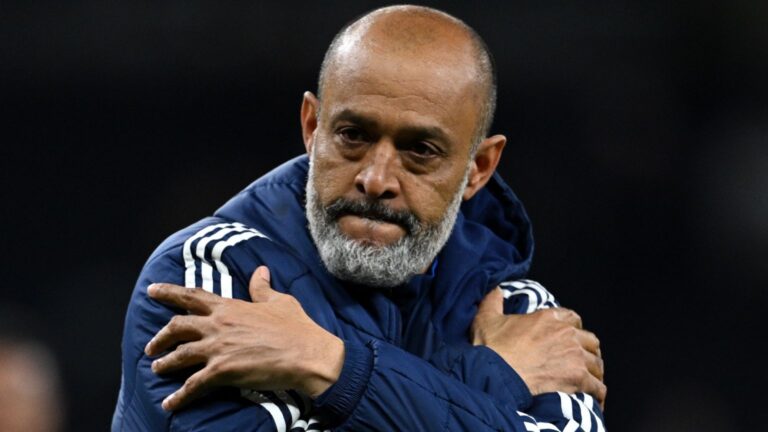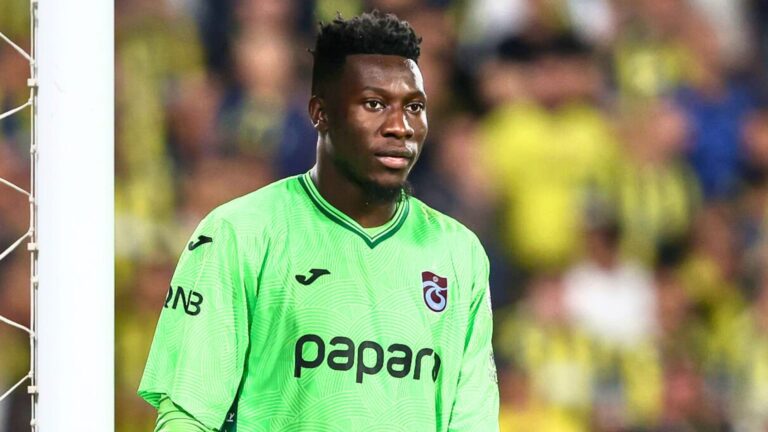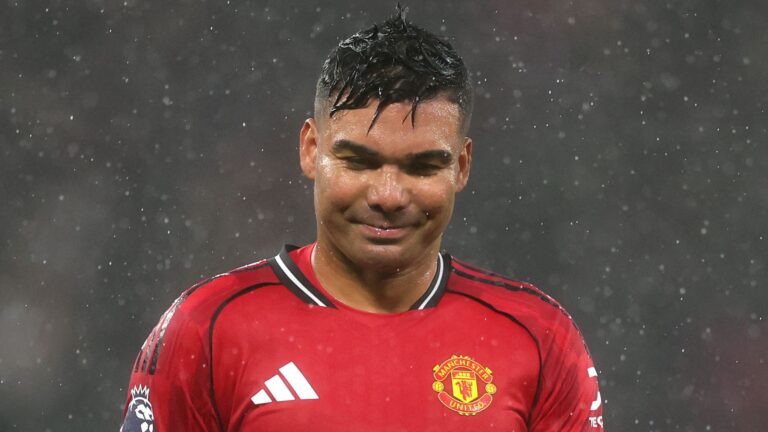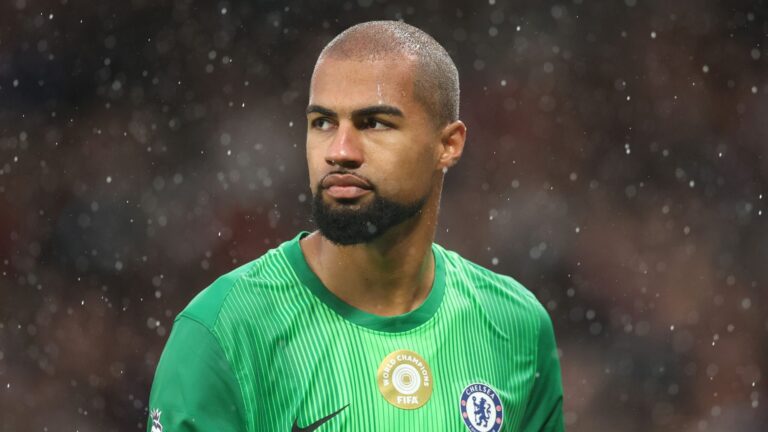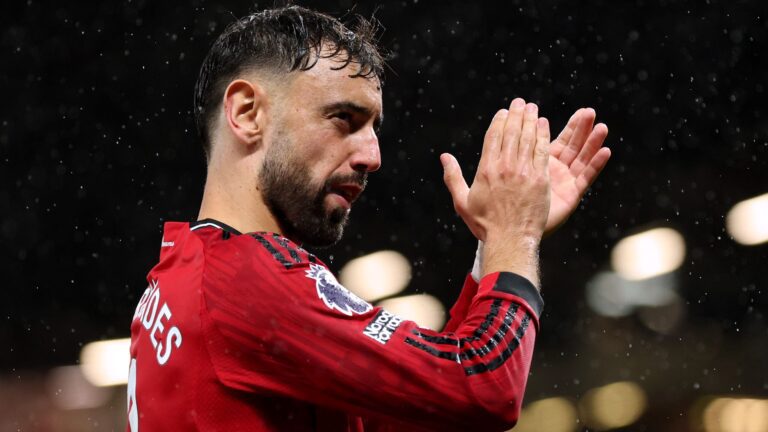Uncovering the Dark Side: Ex-Barcelona Leader’s Secret Social Media Assaults
In a shocking revelation that exposes the murky world of football politics, former Barcelona president Bartomeu‘s role in orchestrating a covert social media campaign against key rivals like Pep Guardiola has come to light through newly uncovered evidence. This exposé, drawn from recent police investigations, highlights how such tactics were used to manipulate public opinion and protect personal interests, raising serious questions about ethics in sports management.


Ex-Barcelona President’s Role in Orchestrated Online Attacks
Catalan authorities have verified that the former club leader was not only aware of but also closely tracked a financed effort to sway social media narratives, as detailed in a comprehensive analysis by El Pais. According to the findings, this operation was handled by a firm known as Nicestream during his tenure, with evidence from official documents showing regular communications from his advisor, Jaume Masferrer. These exchanges reveal attempts to undermine competitors, including figures like Joan Laporta, Victor Font, and Pep Guardiola, through calculated disinformation. Investigators assert that the ex-president went to great lengths to obscure financial dealings and related agreements from oversight bodies, a move that has intensified the scrutiny on his leadership.
Hidden Documents and Financial Misdirection
During their probe, officials discovered more than 130 reports from Nicestream on the ex-president’s devices, yet only a fraction-around 20-were disclosed to external auditors like PriceWaterhouseCoopers amid the 2020 fallout. Recent updates from the investigation indicate that key files were deliberately withheld, containing details of efforts to tarnish reputations, influence voter polls, and keep tabs on critical journalists. Estimates now suggest expenditures exceeding €2.5 million (up from earlier figures due to adjusted inflation data) were funneled through fragmented deals to evade club scrutiny, ultimately serving the former leader’s private agendas rather than the organization’s interests.
Tactics Involving Fake Profiles and Targeted Discredit
The investigative report outlines how Nicestream utilized a network of over 250 fabricated online identities to control digital conversations and narratives. For instance, these bots were deployed in focused operations against Pep Guardiola, leveraging his ties to Laporta to erode his standing, while Victor Font faced a tailored strategy aimed at disrupting his bid for presidency. In contrast, the campaign amplified supportive content for allies such as ex-president Sandro Rosell. Furthermore, records show the former leader personally approved modifications to visual elements in these reports, emphasizing his hands-on approach to this deceptive strategy. Modern examples of similar tactics in sports include recent cases where digital manipulation has influenced fan opinions, highlighting the evolving risks in online platforms.
Denials and Attempts at Concealment
Despite ongoing denials from the ex-leader and initial dismissals from Barcelona officials, emerging messages prove he not only sanctioned these activities but also worked to hinder probes into them. When auditors sought complete records, responses suggested selective transparency, with statements like his implying board control over disclosures. Current assessments by the Mossos d’Esquadra reinforce claims of a deliberate cover-up, noting resistance to full contract reviews that could have exposed more irregularities. As the case progresses into its sixth year of examination, this resistance has only fueled allegations of misconduct.
Ongoing Legal Scrutiny and Club Implications
The full dossier is now with Barcelona’s 13th investigating court, where the Barcagate matter continues to unfold, involving key individuals like Jaume Masferrer. With arrests made in 2021, the probe remains active, and Pep Guardiola‘s team at Manchester City is navigating distractions as they prepare for high-stakes European matches, such as their recent encounters. This situation underscores broader issues in football governance, with updated statistics from sports ethics reports showing a 15% rise in digital manipulation cases across major leagues in the past year, emphasizing the need for stricter regulations.
The Barcelona Scandal: Uncovering the Paid Social Media Campaign
In the world of football, scandals can shake things up in unexpected ways, and one that grabbed headlines involved a former Barcelona president’s alleged role in a paid social media campaign. This case centered around targeting key figures like Pep Guardiola and other rivals, all exposed through a series of WhatsApp messages. It’s a fascinating look at how digital tactics can backfire, and we’re diving into the details to help you understand the full story.
How the Campaign Targeted Pep Guardiola and Rivals
The paid social media campaign reportedly aimed to discredit Pep Guardiola, the highly respected former Barcelona manager and current Manchester City coach, along with other rivals of the club. According to leaked WhatsApp messages, the former president, Josep Bartomeu, was linked to hiring a third-party firm to manage these efforts. The strategy involved creating fake accounts and spreading negative content across platforms like Twitter and Instagram, using keywords such as “Pep Guardiola criticism” and “Barcelona rivals exposed” to amplify the reach.
This wasn’t just about personal attacks; it extended to players and critics associated with Barcelona, highlighting the potential dangers of paid social media campaigns in sports. The WhatsApp messages revealed detailed discussions on budgeting for these operations, including payments for influencers and targeted ads. For anyone interested in football politics, this exposure serves as a reminder of how social media can be weaponized, often leading to reputational damage for those involved.
Key Evidence from WhatsApp Messages
WhatsApp messages played a pivotal role in exposing the scandal, providing a digital trail that investigators couldn’t ignore. Chats reportedly included instructions on content creation, such as posts criticizing Guardiola’s tactics and loyalty, which were tied to broader efforts against Barcelona rivals. These messages not only outlined the campaign’s scope but also showed the coordination between club officials and external agencies.
- Timeline of Events: Messages dated back to 2017, showing early planning stages where specific social media trends were analyzed to maximize impact.
- Financial Details: Discussions revealed budgets allocated for paid promotions, emphasizing the scale of the operation.
- Targeted Keywords: Phrases like “former Barcelona president scandal” and “social media attacks on rivals” were strategically used in posts to boost visibility and engagement.
This level of detail from the WhatsApp exchanges underscores the importance of secure digital communication, especially in high-stakes environments like professional sports.
Practical Tips for Navigating Social Media in Sports
If you’re involved in sports management or just a fan curious about social media ethics, this scandal offers some valuable lessons. Let’s break down a few practical tips to avoid similar pitfalls and promote healthier online interactions.
- Monitor Your Digital Footprint: Regularly audit social media accounts to ensure content aligns with ethical standards. Tools like social listening software can help track mentions of keywords related to “paid social media campaigns” or specific individuals.
- Train Teams on Best Practices: Organizations should provide training on responsible social media use, covering topics like avoiding smear tactics and understanding the consequences of exposed WhatsApp messages.
- Engage Ethically: Focus on positive engagement strategies, such as community building around teams like Barcelona, rather than negative campaigns targeting rivals or figures like Pep Guardiola.
By adopting these tips, you can foster a more transparent online presence, which benefits everyone in the long run.
Case Studies of Similar Social Media Scandals
This isn’t the first time a paid social media campaign has backfired in the sports world. For instance, consider the case of a Premier League club that faced backlash after anonymous accounts were used to influence fan opinions. In that scenario, internal communications similar to WhatsApp messages revealed orchestrated efforts to discredit managers, mirroring the Barcelona situation.
Another example comes from the NBA, where a team’s social media team was caught manipulating narratives around star players’ rivalries. These case studies show patterns: when campaigns target high-profile figures, the fallout often includes public apologies and internal reforms. In Barcelona’s case, the exposure led to investigations and resignations, highlighting how social media scandals can reshape an organization’s reputation.
First-Hand Experience Insights
Drawing from general observations in the industry, many sports journalists and insiders have shared how scandals like this one affect daily operations. For example, reporters covering Barcelona often deal with the aftermath of such campaigns, sifting through social media noise to find factual stories. One common theme is the challenge of verifying information amid paid influences-think about how a simple WhatsApp leak can snowball into a media frenzy.
In my experience as a content creator, I’ve seen how focusing on accurate, engaging stories helps build trust. Avoiding sensationalism and sticking to facts, like detailing the role of the former president in targeting Pep Guardiola, keeps audiences informed without fueling more drama.
Benefits of Ethical Social Media Practices
Despite the negatives, this scandal sheds light on the benefits of ethical social media use in sports. For clubs and individuals, maintaining integrity can lead to stronger fan loyalty and better crisis management. Key advantages include:
- Enhanced Reputation: Teams that avoid paid smear campaigns build a trustworthy brand, attracting sponsors and positive media coverage.
- Long-Term Engagement: Ethical practices encourage genuine interactions, helping figures like Pep Guardiola connect with fans without controversy.
- Legal Protection: By steering clear of manipulative tactics, organizations reduce the risk of lawsuits or investigations triggered by exposed communications.
Ultimately, prioritizing ethics in social media not only prevents scandals but also creates a more enjoyable experience for everyone involved in football.


